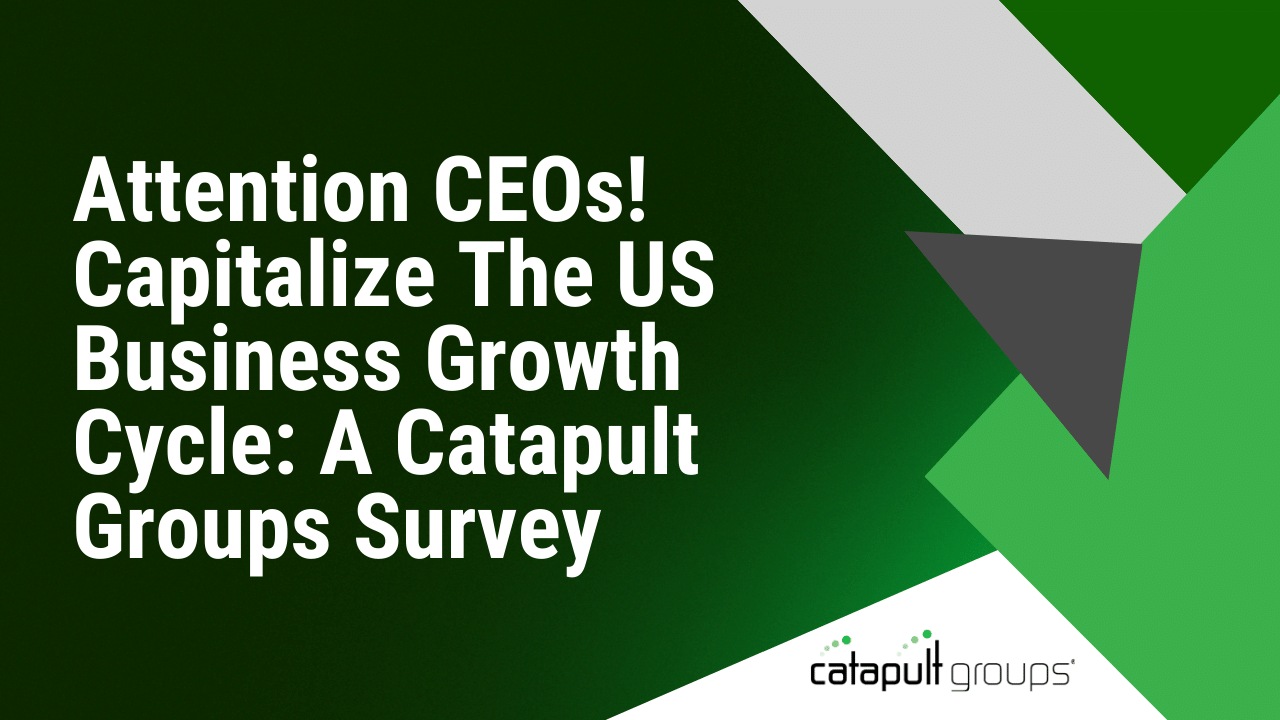Strategy is Not an Option
Many CEOs and business owners view their primary role as the person responsible for overseeing the daily operations of the business. Typically, this encompasses everything from production, distribution, sales and marketing to hiring (at least at the senior executive level), finance and planning.
But, as any CEO or business owner with even limited experience can tell you, supervising day-to-day business operations requires far more effort and attention than any one individual can handle—let alone expect to influence effectively. It’s also the most common reason why so many business leaders feel burned-out, over-extended, and feeling like they can never get “on top of things.”
Looking ahead
In reality, the business leader’s chief responsibility is ensuring a future cash flow stream for his or her company, regardless of its size. Within this realm, the key questions include:
- Do existing and prospective customers place value on what we produce and will they continue to do so in the future?
- What major or minor adjustments to our products or services are needed to anticipate changes in the marketplace?
- What potential obstacles or challenges should we be considering that aren’t even on the horizon?
In most organizations, no one other than the CEO can ask (and find answers to) these critical questions. Everyone else has specific responsibilities tied to day-to-day operations and, if a business is running well, they have too much to do to be thinking about what’s on the horizon.
But when things aren’t running well, those same individuals often plague the leader for advice or guidance on problems that crop up—either because they lack the skills to handle those problems or because they’ve not been entrusted to take care of things on their own. So, once again, the owner or CEO gets drawn into problems of a tactical nature, thus sacrificing his or her precious time to address the questions mentioned above.
Anticipating changes in the marketplace
For the long-range success of virtually any business, leaders need to extract themselves and be strategic. They need to work on the business, not in the business. They need to examine current business conditions with a critical and objective eye. They need to be out talking to customers and learning more about how their needs might change in the months and years to come. They need to understand that the world is changing and they had better change with it.
For example, look at the leaders of Best Buy electronics. For some time, retail electronics customers have been “showrooming” at Best Buy outlets, sampling the merchandise and then purchasing electronics products elsewhere online. Best Buy responded by instituting a company-wide price-matching policy, but they also installed Samsung-branded boutiques inside many of their stores, thus increasing the value of their enormous real estate holdings.
Starbucks, no stranger to innovation, has expanded its appeal to consumers by offering “Starbucks Evenings,” where patrons can order wine instead of coffee after 4:00 p.m. Other non-franchise coffee shops, from Chicago all the way to Israel, are similarly offering alcohol at night as a way to enhance their menu of offerings—and, of course, to maintain critically needed cash flow.
In these cases, leadership has looked beyond current conditions, anticipating future consumer needs and strategizing ways to tweak their business for additional profit. This type of thinking isn’t possible when the CEO or business owner is trapped in the weeds of daily business operations. Of course, in order to come up with innovative strategies for the future, business leaders must have the right people on board. In a well-run organization, talented and knowledgeable employees are responsible for running the business, enabling the person at the top the freedom to always be thinking ahead.
Business leaders must also be patient and tenacious, because things don’t always go adhere to the time-frame we prefer. But when the vision is sound and execution is good, successful strategy will usually follow. In business, strategy is not an option. It’s a necessity.
Please take a moment and participate in our five question Entrepreneurial Index. The information gathered will help us measure the issues facing business owners and entrepreneurs entering the third quarter of 2014. Results from our Q2 Index can be found here.



